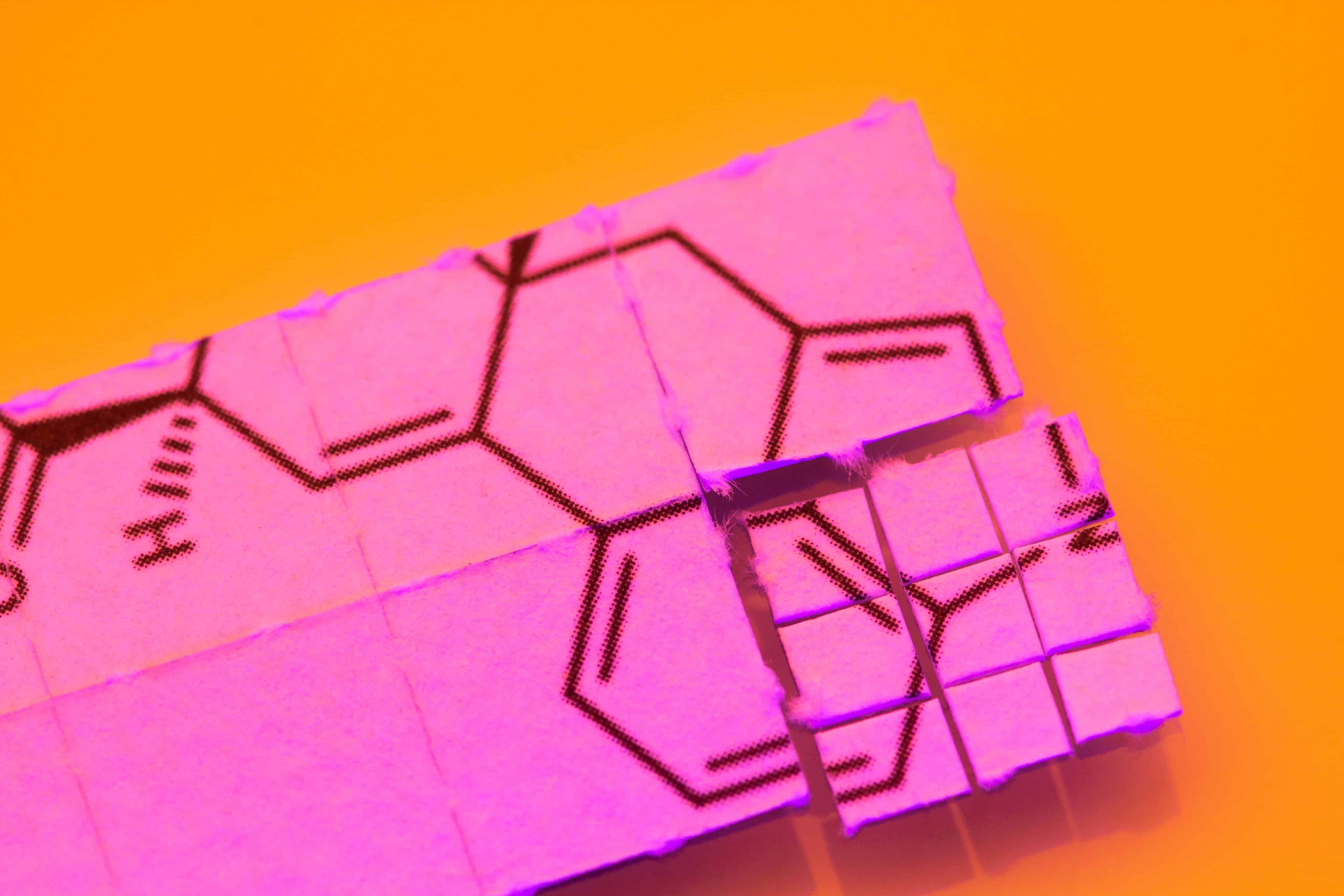Key Takeaways:
- LSD microdoses have shown potential in improving sleep duration and patterns.
- Participants in the study experienced an additional 24 minutes of sleep on the night following LSD microdosing.
- Further research is needed to fully understand the therapeutic implications of LSD microdosing for mood disorders and sleep disturbances.
- Additional studies have also reported positive sleep responses to LSD microdosing.
Sleep is an essential aspect of our overall well-being, and finding ways to improve sleep duration and patterns has long been a focus of scientific research. A recent study conducted by researchers at the University of Auckland in New Zealand has shed light on a potential solution: microdosing LSD. The study, titled “LSD Increases Sleep Duration the Night After Microdosing,” explored the effects of LSD microdoses on sleep patterns in a group of 80 healthy adult male volunteers over a six-week period.
Improved Sleep Duration: A Night Following LSD Microdosing
The researchers administered either LSD (10 µg) or a placebo to the participants every third day, carefully considering the development of tolerance to LSD’s effects. It’s worth noting that the doses used in the study were within the microdose range, significantly lower than the recreational dose range.
The results of the study revealed a clinically significant improvement in sleep patterns on the night following LSD microdosing. Participants who received the LSD microdose experienced an additional 8 minutes of REM sleep, 21 minutes of total sleep time, and a remarkable 24 minutes of overall sleep duration compared to those in the placebo group. However, there were no observable differences in sleep patterns on the day of microdosing itself.
Implications for Mood Disorders and Sleep Disturbances
The findings of this study have noteworthy implications for individuals suffering from mood disorders, such as major depressive disorder, where sleep disturbances are common. The authors of the study emphasized the potential therapeutic benefits of microdosing LSD in addressing these conditions. However, they also highlighted the need for further research, as previous studies on microdosing have presented mixed results in subjective reports regarding sleep quality.
These recent findings align with another study conducted by MindBio Therapeutics, which reported positive sleep responses among participants who received a microdose of LSD. Additionally, a New York-based biotech firm has initiated a clinical trial to investigate the potential of LSD as a treatment for anxiety, further emphasizing the growing interest in psychedelic substances for their potential therapeutic effects.
The recent study conducted by the University of Auckland suggests that microdosing LSD can enhance sleep duration and patterns. These findings open up possibilities for further exploration of the therapeutic applications of LSD microdosing in addressing mood disorders and sleep disturbances. As research in this area continues to evolve, it is important to approach the topic with caution and consult medical professionals for guidance.
FAQs:
Can LSD be used as a sleep aid?
While this study suggests that LSD microdoses may improve sleep duration and patterns, more research is needed to fully understand the potential of LSD as a sleep aid. It is important to note that LSD is a controlled substance and should only be used under medical supervision.
What is microdosing?
Microdosing involves taking sub-perceptual doses of psychedelic substances, such as LSD or psilocybin, to experience subtle effects without hallucinations. Microdosing is typically done every few days or on a specific schedule.
Are there any risks associated with LSD microdosing?
As with any use of psychedelic substances, there are potential risks and side effects. It is important to consult with a healthcare professional before considering microdosing and to follow appropriate safety guidelines.


